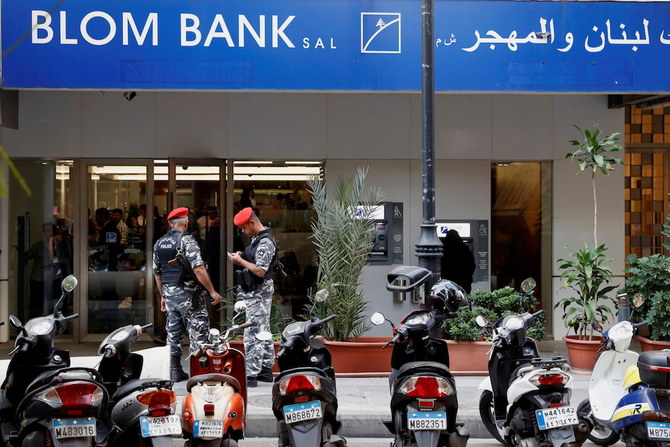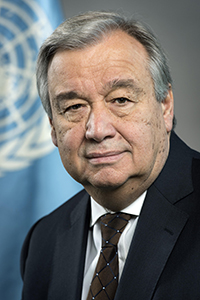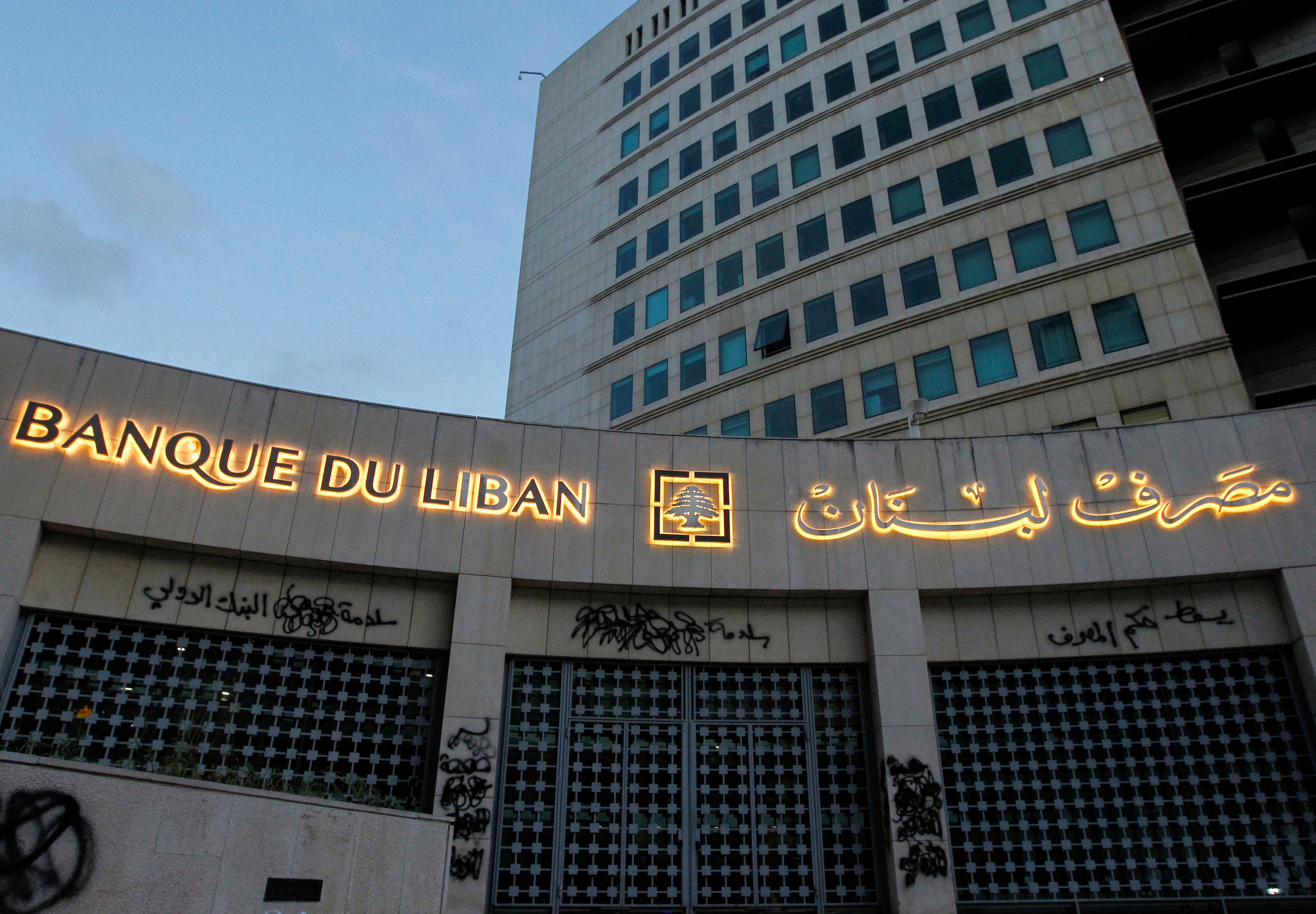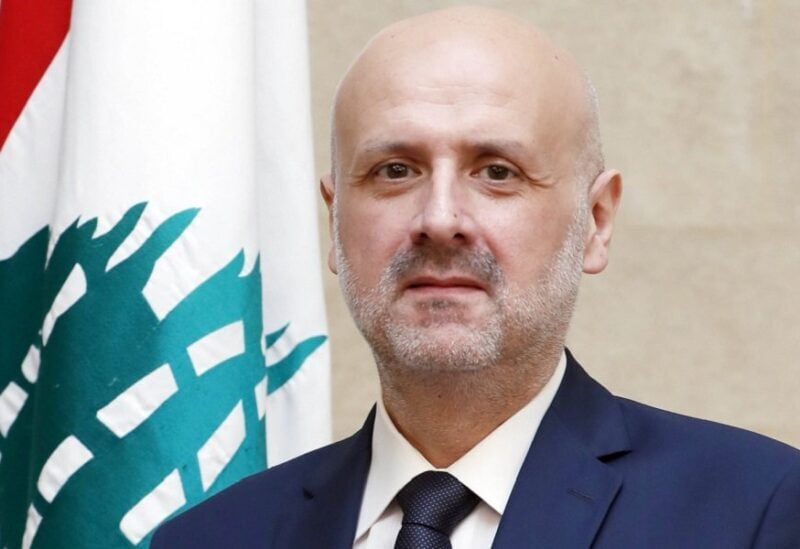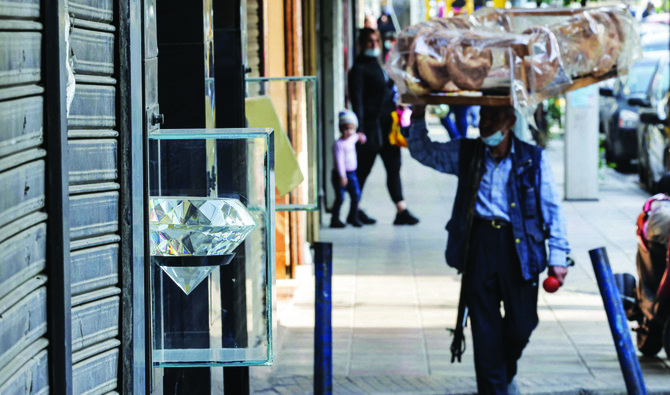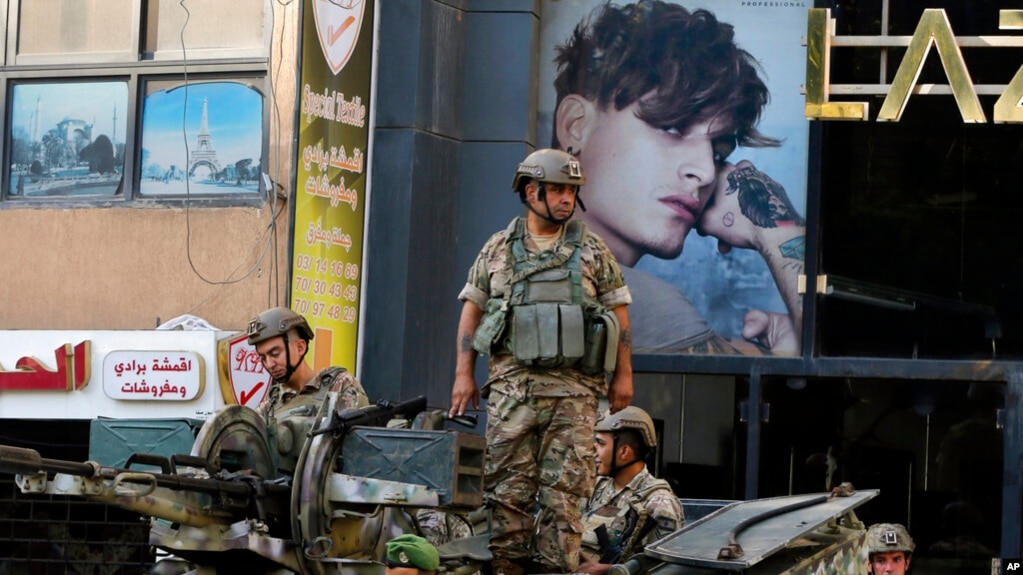
by voanews.com — AMMAN, JORDAN — Lebanon’s parliamentary election will be the first held since the popular uprising in late 2019, when hundreds of thousands took to the streets demanding an end to the entrenched political and economic patronage system, blamed for multiple dire crises engulfing the tiny Mediterranean country. A spiraling economy has plunged three-quarters of Lebanese into poverty as their local currency has lost some 93 percent of its value. Medicine and electricity are in short supply, while food prices have skyrocketed due to inflation. The economic meltdown, coinciding with the coronavirus outbreak, has posed the worst threat to Lebanon’s stability since the 1975-1990 civil war, observers say.
Over the course of 2021, the heavily-armed Iran-backed Hezbollah Shiite militia and political party, along with its allies, have repeatedly tried to remove the judge responsible for investigating the deadly 2020 Beirut port explosion, accusing him of political bias—a charge independents deny. Many Lebanese are angry that no senior official has yet been held accountable for the country’s worst peacetime disaster. Meanwhile, Gulf Arab states accuse Hezbollah of trying to proliferate drugs into their region via fruit and vegetable imports, straining historic ties with Lebanon. Several activist platforms fielding candidates have formed, analysts say, such as Minteshreen, meaning “from October” and “coming from different backgrounds,” to break down divisions the political elite have fostered, such as voting along sectarian lines.
